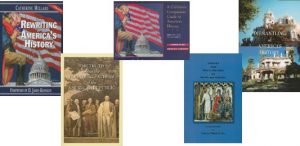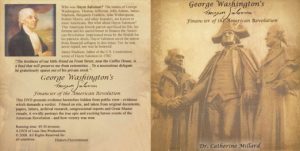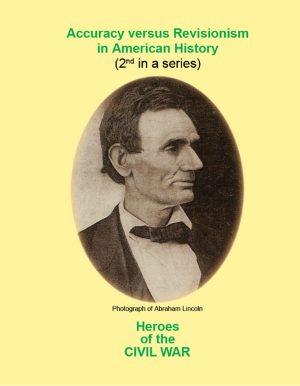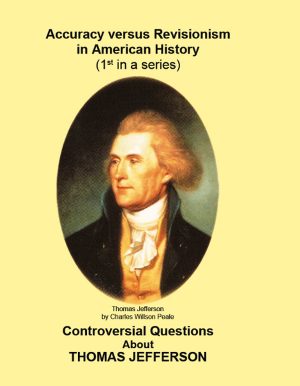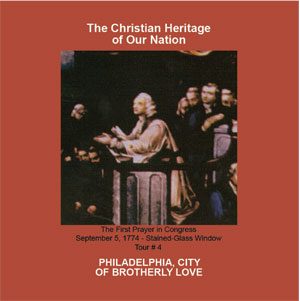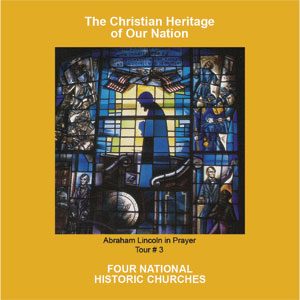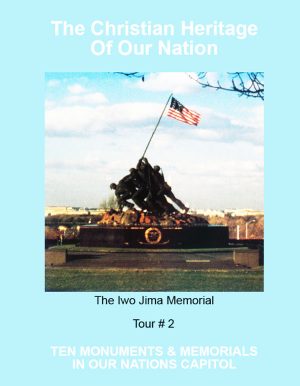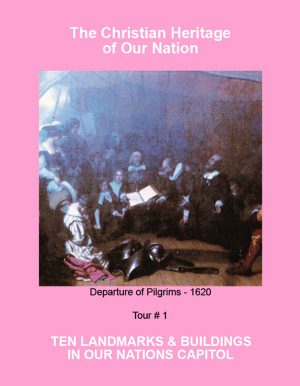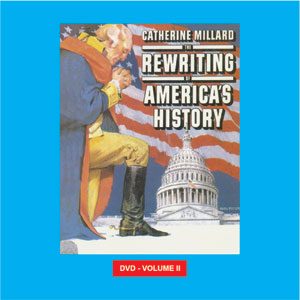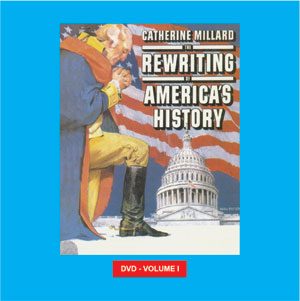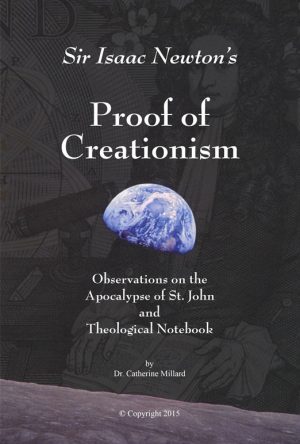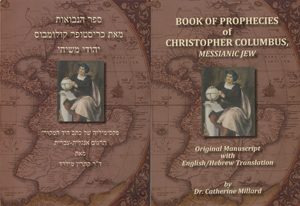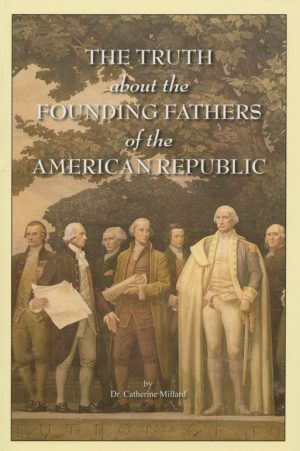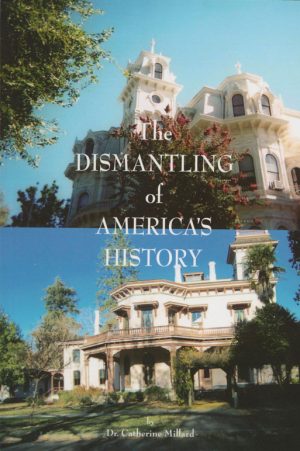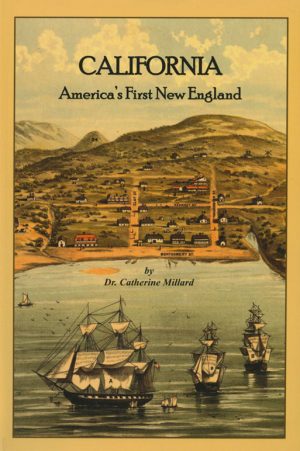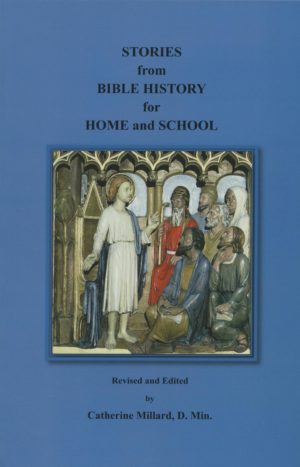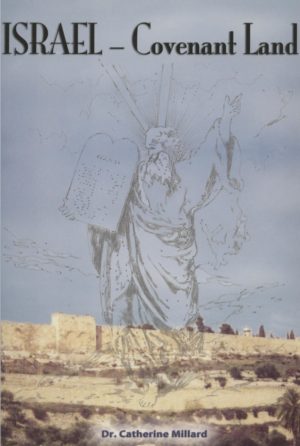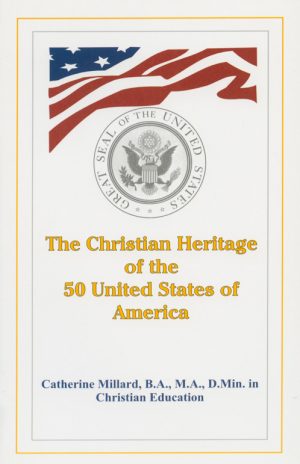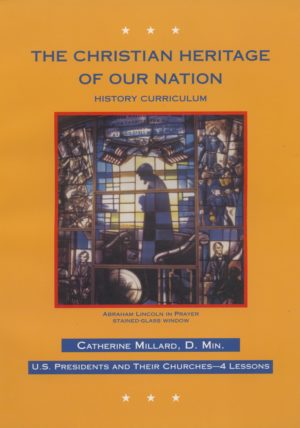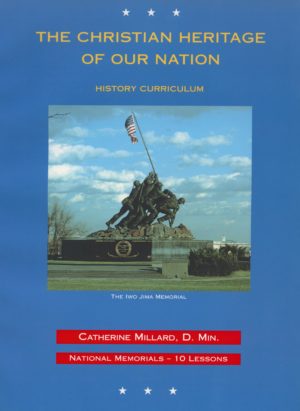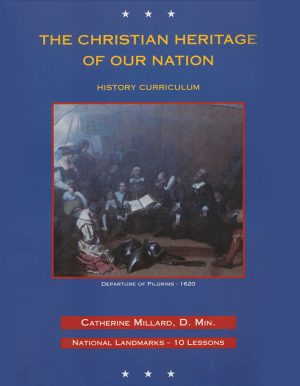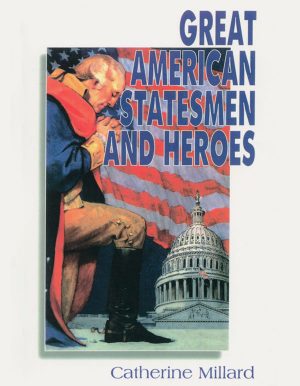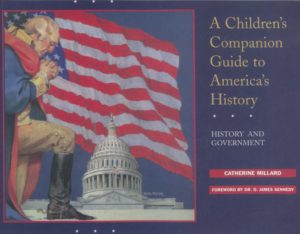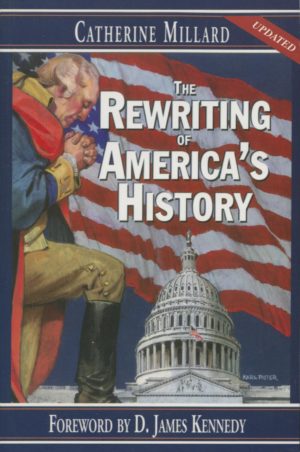“Venerated for benevolence; admired for talents;
esteemed for patriotism; beloved for philanthropy.”
– George Washington
| 1706 |
Born January 17th, in Boston, Massachusetts. |
| 1718 |
Apprentice Printer. |
| 1723 |
Removed to Philadelphia. |
| 1729 |
Editor of the Pennsylvania Gazette. |
| 1730 |
Appointed Public Printer. |
| 1731 |
Founded the Library Company. |
| 1736 |
Organized the first Philadelphia Fire Company. |
| 1737 |
Appointed Postmaster of Philadelphia. |
| 1738 |
Member of the Provincial Assembly. |
| 1741 |
Established the first American Magazine. |
| 1742 |
Invented the Franklin Open Stove. |
| 1743 |
Founded the American Philosophical Society. |
| 1749 |
Founded the College of Philadelphia and Charity School. |
| 1751 |
Founded the Pennsylvania Hospital (with Dr. Kearsley.) |
| 1752 |
First to utilize electricity. |
| 1753 |
Deputy Postmaster-General for the Colonies |
| 1756 |
Colonel of the Provincial Militia. |
1757-70
|
Agent to Great Britain for Pennsylvania,
Georgia, New Jersey and Massachusetts. |
| 1764 |
Speaker of the Pennsylvania Assembly. |
| 1769 |
President of the American Philosophical Society. |
1775
|
Delegate to the Continental Congress, Chairman
of the Committee of Safety. Proposed “Articles of
Confederation and Perpetual Union.” |
| 1775 |
Founded the first Anti-Slavery Society. |
1776
|
Signed the Declaration of Independence.
President of the Constitutional Convention of
Pennsylvania. Commissioner to the Court of France. |
| 1783 |
Negotiated the Peace Treaty with Great Britain. |
| 1787 |
Delegate to the Constitutional Convention. |
| 1787 |
September 17th, signed the Constitution. |
| 1790 |
Died April 17th in Philadelphia, Pennsylvania. |
During a recent visit to Carpenters’ Hall, Philadelphia, we were told by a docent that Benjamin Franklin was a Freemason. Is this factual?
Benjamin Franklin was not a Freemason, but an Episcopalian, and worshipper at Christ Church, Philadelphia, where his pew is designated with a bronze marker. The Archives of Christ Church leave for posterity this account of Franklin:
In speaking of the influence of the members of Christ Church congregation on public affairs, Provost Stille said: “I must not forget to claim for some of them the great honor of having been the founders and early guardians of the College and Academy of Philadelphia. Dr. Benjamin Franklin, who first conceived the plan of this establishment, was a pew-holder in this church. When he looked around for those who would appreciate and support his project, he took from this congregation, mainly, the men of education and influence who would aid him. His first choice for Headmaster of the Academy was the Rev. Richard Peters, D.D., for nearly ten years the Rector of Christ Church. Finding it impossible to induce Rev. Peters to accept the place, he made the final choice of Rev. William Smith, D.D., a member of this congregation. In a short time the College, thus founded by two members of this parish, was possibly unrivalled, and certainly not surpassed, by any seminary at that time existing in the Province. Of the trustees previous to the Revolution, nearly four-fifths were members here. And Rev. Peters was for many years the President of the Board.1
From the above evidence, it is clear that Benjamin Franklin was not only a member of the congregation and a regular attendant at Christ Church, but that he chose his first Headmaster and four-fifths of his trustees for his College of Philadelphia from fellow-worshippers at Christ Church.
Benjamin Franklin’s College of Philadelphia
Benjamin Franklin’s College of Philadelphia trained and prepared two young students – Jacob Duché and William White – to become the first and second Rectors of Christ Church, Philadelphia, during the Revolutionary War; being also the first and second Chaplains appointed by the Continental Congress. Both these graduates preached powerful Scriptural sermons at Christ Church to Congress assembled; Rev. William White, D.D. (later, Bishop White), becoming pastor to George Washington and John Adams at Benjamin Franklin’s church, – “the nation’s church.”
Among the numerous distinguished founding fathers of the American Republic who were graduates and professors of the College of Philadelphia, were, Benjamin Rush, M.D. (Professor of Chemistry of the Medical Faculty in 1769; and Signer of the Declaration of Independence ); Francis Hopkinson, (author, artist, musician and Signer of the Declaration of Independence); James Wilson, L.L.D. (Classics Teacher of the College; Signer of the Declaration of Independence and Constitution); Thomas Mifflin (Signer of the Constitution); and George Clymer (Signer of the Declaration of Independence and Constitution).2
The Chief Masters were – Rev. William Smith, D.D., Provost of the Seminary and Professor of Natural Philosophy; Rev. Francis Alison, D.D., Vice-Provost and Professor of Moral Philosophy; Ebenezer Kinnersley, M.A., Professor of Oratory; John Beveridge, M.A., Professor of Languages; and Hugh Williamson, M.A., Professor of Mathematics.
The Trustees included – Rev. Richard Peters, D.D., President of the Board, by annual election; the Honorable James Hamilton, Esq., Lieutenant-Governor of the Province; the Honorable William Allen, Esq., Chief Justice; William Coleman, Esq., Third Judge of the Supreme Court; Alexander Stedman, Esq., First Judge of the Common Pleas; Edward Shippen, Esq., Judge of the Admiralty; Benjamin Chew, Esq., Attorney-General; Benjamin Franklin, Esq., LL.D.; Joseph Turner, William Plumsted, Abram Taylor, William Coxe, Thomas Willing, Esqrs.; Alderman of the city of Philadelphia; Drs. Thomas Cadwalader, Thomas Bond, Phineas Bond, William Shippen, Physicians; and the Reverend Jacob Duché, one of the ministers of Christ Church. 3
To learn more, click here.
___________________________
Bibliography:
1
Archives of Christ Church, Philadelphia, Pennsylvania.
2
College of Philadelphia (University of Pennsylvania) Official Records.
3
Smith, Horace Wemyss. Life and Correspondence of the Rev. William Smith, D.D. Vol. I., pp. 61, 62. Library of Congress, Rare Book Collection.
